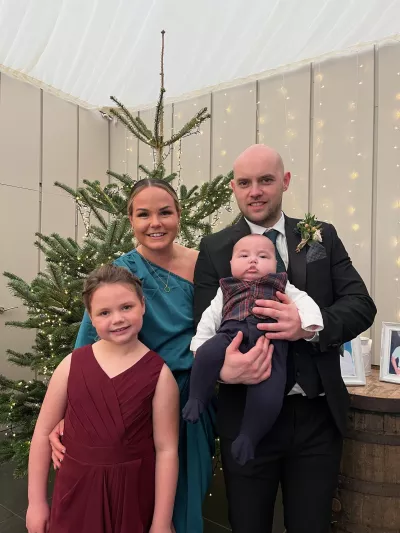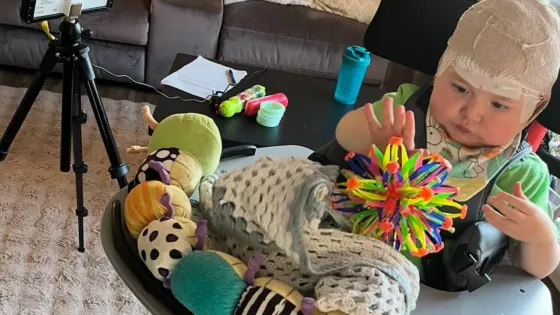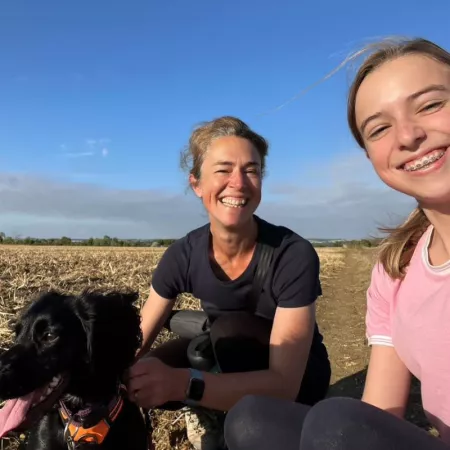Rachel's world changed when her son Charlie was diagnosed with Lennox-Gastaut Syndrome. It’s a rare and complex form of epilepsy in which children usually need continuing support with learning and behavioural problems.
In this account, she shares the emotional and practical challenges of caring for Charlie, her mission to raise awareness, and the strength her family has found in each other.
“It’s not just flashing lights”
When Rachel first heard the word “epilepsy” in connection with her baby son Charlie, she admits she didn’t have any idea of the scale of what lay ahead.
I was going up to the hospital 24/7 because I didn't understand the different seizures. We thought it just meant avoiding flashing lights. We had no idea what epilepsy could really mean.
Charlie was first diagnosed with West Syndrome and infantile spasms. Later, this diagnosis evolved into Lennox-Gastaut Syndrome (LGS), a rare and severe form of epilepsy which, it’s estimated, affects fewer than six in every 100,000 people in the UK - just one to two per cent of all epilepsies.
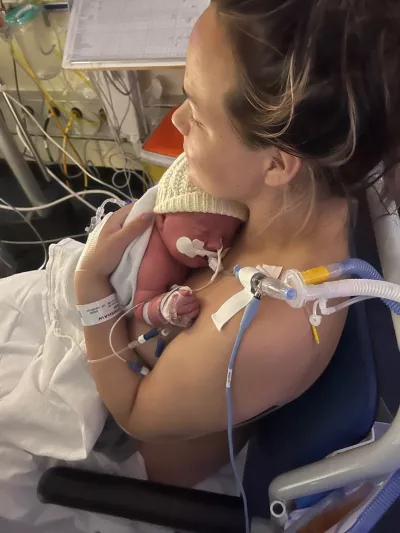
A cocktail of seizures and medications
Charlie’s condition is complex and unpredictable.
There’s no trigger. He can have a seizure at any time. It’s called evolving epilepsy – the seizures change constantly.
Charlie has experienced tonic-clonic, atonic, and absence seizures, often in clusters.
We call them ‘doo-dahs’ at home because our daughter doesn’t like the word ‘seizure’.
The family has tried 11 different medications, including steroids and intravenous treatments.
Some made him miserable. He’d just lie there, crying all day. We had to ask ourselves – is stopping the seizures the priority, or is it about his quality of life?
A new drug, fenfluramine, recently became available on the NHS, offering a glimmer of hope. But access is tightly controlled.
We have to prove we’ve tried every other option first. It’s expensive – so we’re waiting for approval.
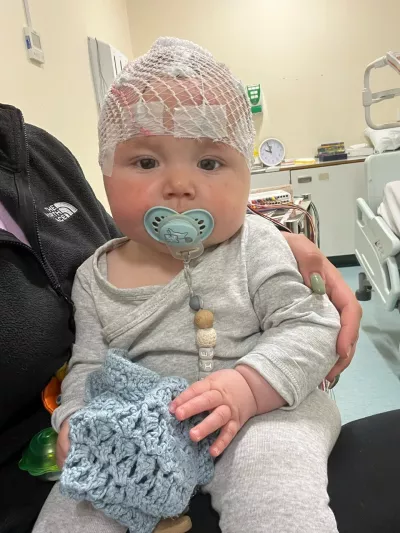
No clear prognosis
The uncertainty is one of the hardest parts.
Some children become seizure free and can actually progress in their development. Others deteriorate. We literally have no idea.
Charlie, now three, is non-verbal and non-weight-bearing. He requires round-the-clock care.
He doesn’t express hunger or discomfort. He needs someone with him all the time. I can’t even leave the room without moving him somewhere safe.
Despite this, Rachel is determined to give him a full life.
We go out. We go swimming. We went on a cruise. Recently, he had no idea he was in France eating a cheese baguette – but we’ve got the photo.
These experiences matter deeply.
We want to show him, ‘Look what you were doing when you were younger. You weren’t with us mentally, but we took you there. And here’s the pictures.’
Grief and growth
Rachel has found counselling invaluable.
They told me I was grieving – not for a child I lost, but for the child I imagined I’d have.
Her background as a teacher and healthcare assistant helped her adapt, and her family has rallied around.
My husband built a ramp for Charlie’s wheelchair. Our daughter is part of a young carers group. We stand together.
Still, public spaces can be difficult.
People don’t understand. They see a big pram and ask why he’s not walking. Or they say, ‘He doesn’t look disabled.’ I would like people to just think before they spoke.
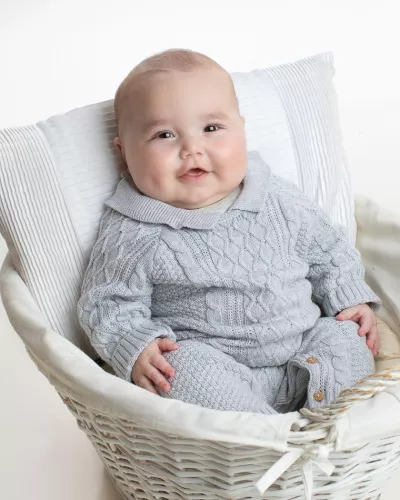
Raising awareness
Rachel is now working with a US-based LGS charity to bring more support to the UK.
There’s no UK charity for Lennox-Gastaut. I want people to know epilepsy isn’t just flashing lights.
She’s also raised over £700 through her wedding and hopes to do more.
We’re lucky – we have resources. But many families don’t. They need help too.
Looking ahead
Rachel’s biggest hope is simple.
I just want him to know I’m his Mum. That we’re his people.
She dreams of Charlie gaining some independence – maybe even using a powered wheelchair one day.
We’ve made the house wheelchair accessible, making sure we have everything we can for whatever’s going to be.
For now, they take it week by week.
There was a time we were going day by day. So that’s progress.
